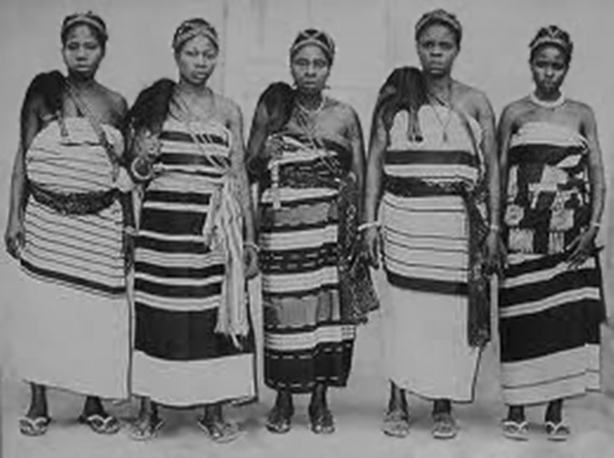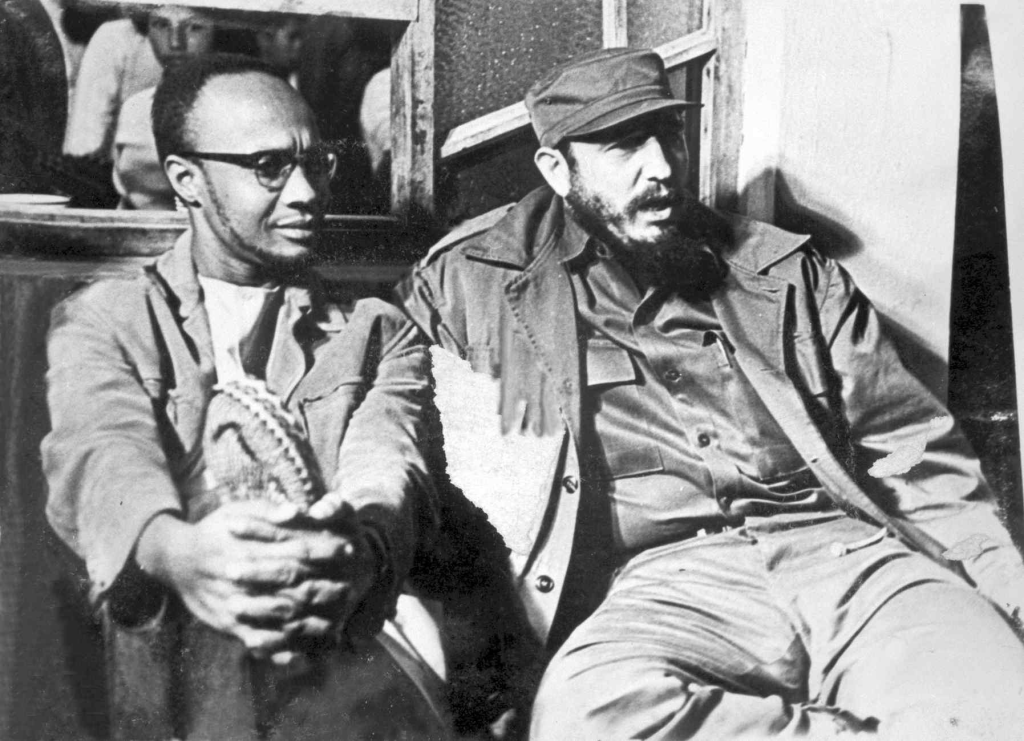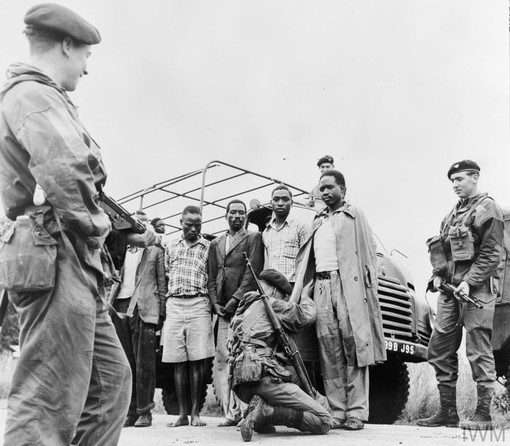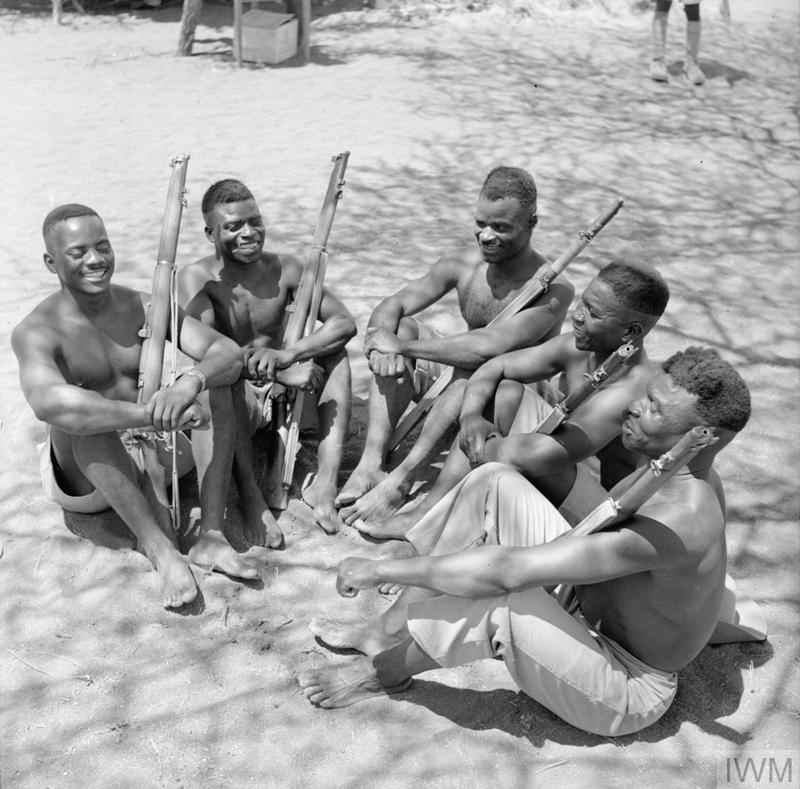By Emma Davies In November and December 1929, tens of thousands of African women in South-Eastern Nigeria danced, sang, and marched in protest against an enforced and exploitative British colonial policy of taxation, and against patriarchal legal structures. These events have since been referred to as the Women’s War, the Aba Riots, or Ogu Umunwaanyi.[1] […]
By Zeyad el Nabolsy The Basic Problem: Are There Peoples Outside History? In a speech delivered to the First Solidarity Conference of the Peoples of Africa, Asia, and Latin America held in Havana in January 1966, Cabral posed the question: “does history begin only from the moment of the launching of the phenomenon of class, […]
By Thomas Wright (tw546@york.ac.uk) During the fight for control of Central Kenya in the early years of the Mau Mau Emergency, authorities used collective punishments as the primary method to impose their dominance over the recalcitrant Kenyan countryside. Yet, in recent years, influenced as much by events in the media and court room as elsewhere, […]
By Inaya Khan Colonialism not only encouraged the emigration of white populations from Europe to Africa but also circulations of such populations within the African continent itself. Kenya was formally annexed as a Crown colony in 1920 – a twentieth century experiment in the exertion of British hegemony, predominantly through agricultural settlement rather than trade. […]
By Niels Boender The sudden ubiquitousness of debates about historical memory, driven by important awakenings regarding systematic injustices, have thrust historians to the centre of what is now popularly called ‘the culture wars’. This offers an opportunity for historians to share their findings in ways that palpably impact understandings of global and national histories, as […]
By Lauren Brown. ‘To the people death knows no colour, and, as such, rates of pay should be adjusted in that spirit.’[i] This statement, featured in the West African Pilot in 1941, encapsulates a key issue faced by British African soldiers who fought during the Second World War. It is an issue that has still […]





